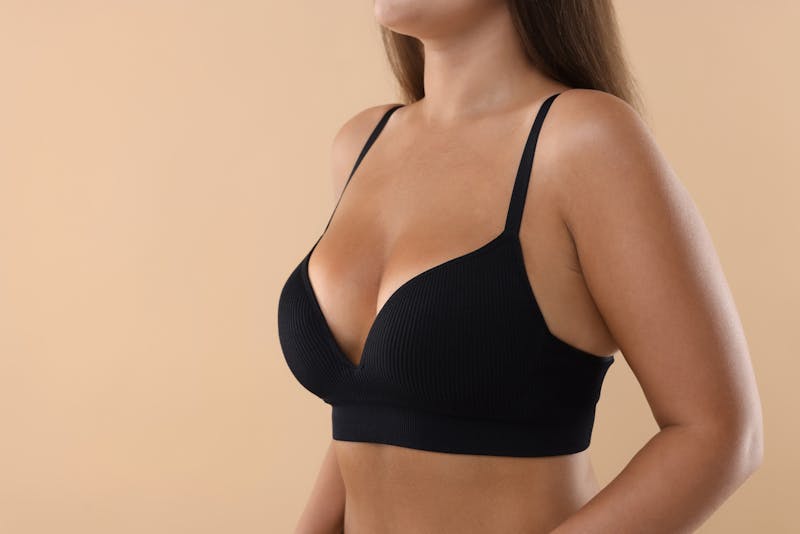
09 Apr 2025
A breast augmentation is generally a very safe procedure in the hands of an exemplary plastic surgeon. It’s important to find someone who has considerable experience placing breast implants, and who has both superior technical skill as well as a keen artistic eye. A good short cut for finding this type of surgeon is to choose a board-certified plastic surgeon such as myself. However, even in the best hands, complications can occur with any surgical procedure including a breast augmentation. Capsular contracture is one such complication. It happens when the capsule around the implant tightens. This can be both painful and impair your surgical results. Here are some factors to consider in order to reduce your risk of capsular contracture.
What is Capsular Contracture?
Any time that a foreign object, such as a new hip joint or a breast implant, is placed, the body’s natural response is to form a capsule of scar tissue around said device. Generally, this capsule remains thin and malleable, allowing the tissue around your implant to move freely. Sometimes, however, the capsule can become thick, tight and hard, resulting in:
- Implant malposition
- Altered breast shape
- Breasts that feel hard
Pain and/or discomfort in the breast area This is what we call capsular contracture.
Underlying Cause of Capsular Contracture
One of the frustrating things about medicine is that there is not always a clear reason why something happens. This is the case with capsular contracture.
However, there are certain factors that seem to increase the risk. These include:
- Genetic predisposition for scarring
- Placing the impact within the breast glandular tissue
- Infection during or after surgery
During your initial consultation, I will spend considerable time asking you very detailed questions about your medical, family and surgical history. The latter
includes any injectables procedure you may have had. My goal is to get a very strong feeling for how your unique body heals. This will help us decide on the best surgical plan in order to reduce your risk of any complication, including capsular contracture.
How to Prevent Capsular Contracture in Boston
There are treatment options for capsular contracture. They include:
- Cutting the tight capsule tissue to reduce tension (Capsulotomy)
- Removing the capsule (Capsulectomy)
- Exchanging the old implant for a new one
But the best method for treating capsular contracture is doing everything in our power to prevent it from ever happening. As mentioned, the single best thing that you can do is to choose a highly trained plastic surgeon with extensive experience in all areas of breast surgery, including breast augmentation. Ideally, this surgeon will have specialized training devoted to the care of complex breast revision surgery. You want someone who is not only going to be able to flag certain risks before stepping in the operating room, such as a family history of scarring, but who also practices the kind of precise surgical techniques that reduce the risk of infection, such as a “no touch” technique when placing your implant. Last, it is imperative that you follow your surgeon’s post op instructions carefully. A breast augmentation remains one of the most popular aesthetic procedures in the world and when the above mentioned guidelines are met, it can be completely complication free.
To find out more about a breast augmentation, or any other surgical or non-surgical procedure with Dr. Vickram Tandon at the Boston Center for Plastic Surgery, contact us today or call 617-402-2768 to schedule a consultation.
